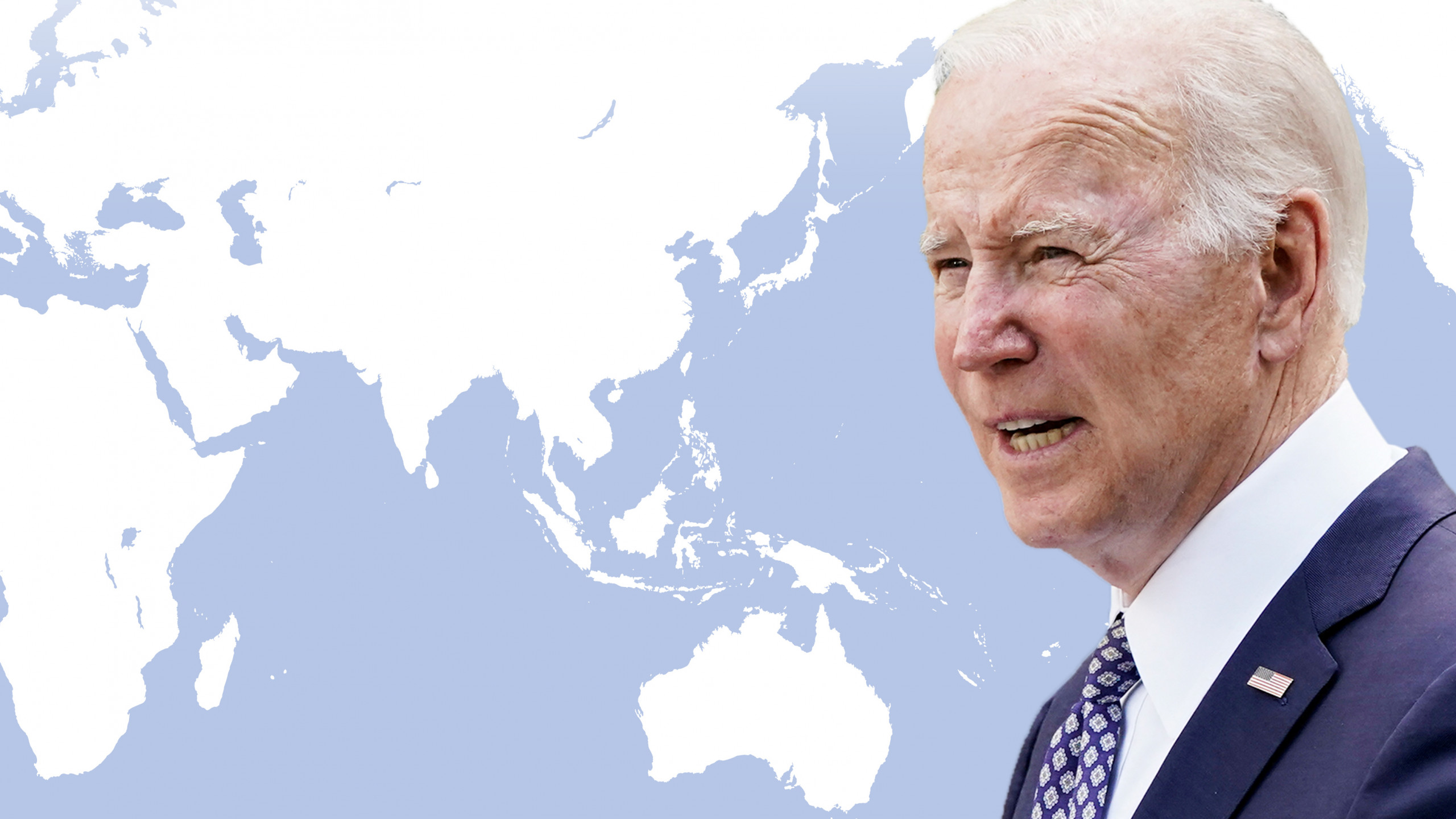Investment in technology and human capital is giving Southeast Asia a competitive edge in the new digital age
Southeast Asia may soon become a benchmark for the rest of the world in the creation of Knowledge-Based Economies, the most relevant concept for economic progress in the new millennium. A recent report by the United Nations shows that several champions of innovation and entrepreneurship are Asian, with some absolute excellences. Singapore is ranked second in the world - only behind Sweden - for technology transfer; Malaysia is depicted as the top country among emerging economies for human capital and innovative policies.
Significant progress can also be seen in Indonesia and the Philippines, where technological development over the last few decades is resulting in an important entrepreneurial dynamism, as well as bridging several institutional gaps.
In particular, recent studies confirm that in Indonesia the increase in the number of innovative enterprises is leading not only to a technological competitive advantage but also and above all to sustainable economic growth.
The report emphasises the role of three main factors as drivers of economic growth: the quality and access to telecommunications infrastructure (ICTs), the rate of growth of human capital through digital literacy and the free flow of information within countries.
First and foremost, a good telecommunications infrastructure guarantees fast, secure and cheap network access for all. In this respect, the governments of Singapore and Malaysia are among the most promising.
The issue of human capital is closely related: massive investments in training, research and development and digital skills in schools, as well as in orientation courses aimed at better understanding the dynamics of the labour market, always lead to an unprecedented use of the media. This raises awareness to citizens, as well as fostering the free creation and sharing of new ideas from which innovative companies are born and bring wealth, in a virtuous circle.
Southeast Asia is laying strong foundations for moving from a low value-added manufacturing-based economy to an economy to a dynamic knowledge-based economy, where the primary role is played by information transfer and Knowledge-Intensive Entrepreneurs, in a perspective of ‘creative destruction’ of knowledge, here recalling Schumpeter’s works. These entrepreneurs - as in the case of e-commerce and the sharing economy - have created digital ecosystems that permeate every dimension of users' lives, from payments and travel to necessities.
In addition, the pandemic has had important consequences in Southeast Asia: a region inhabited by 600 million people, where proximity and daily physical exchange was a way of life, has seen a radical change in its habits. The latest data show that digitalisation has only brought prosperity to those nations that had previously invested in ICTs, training and research and development.






